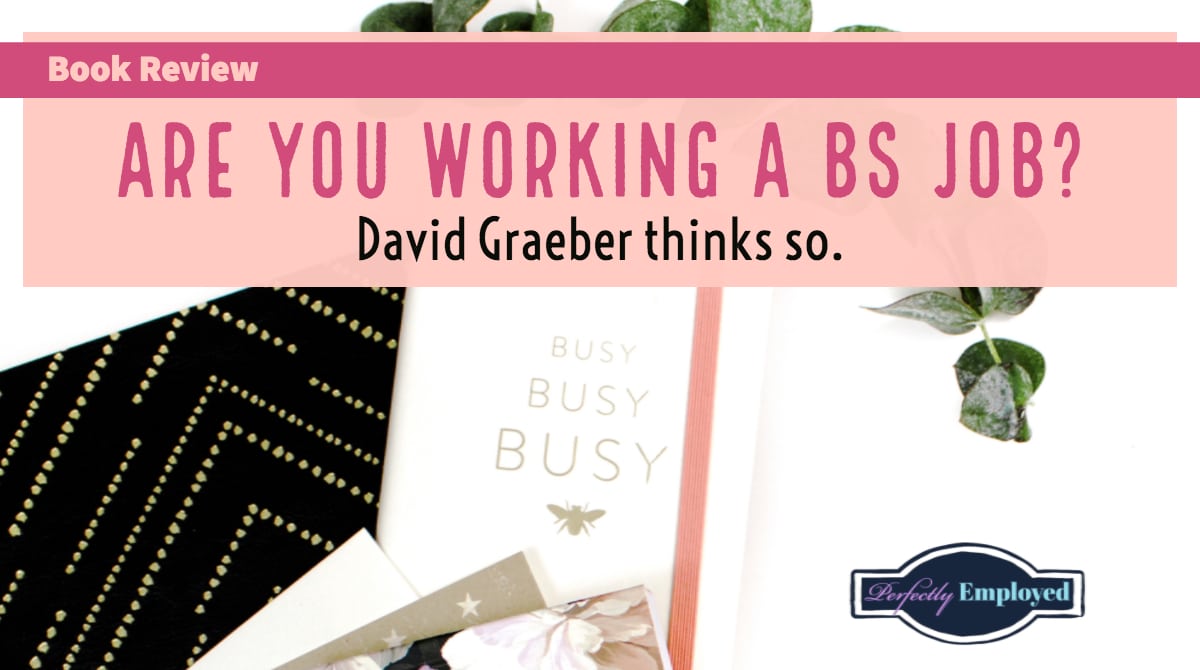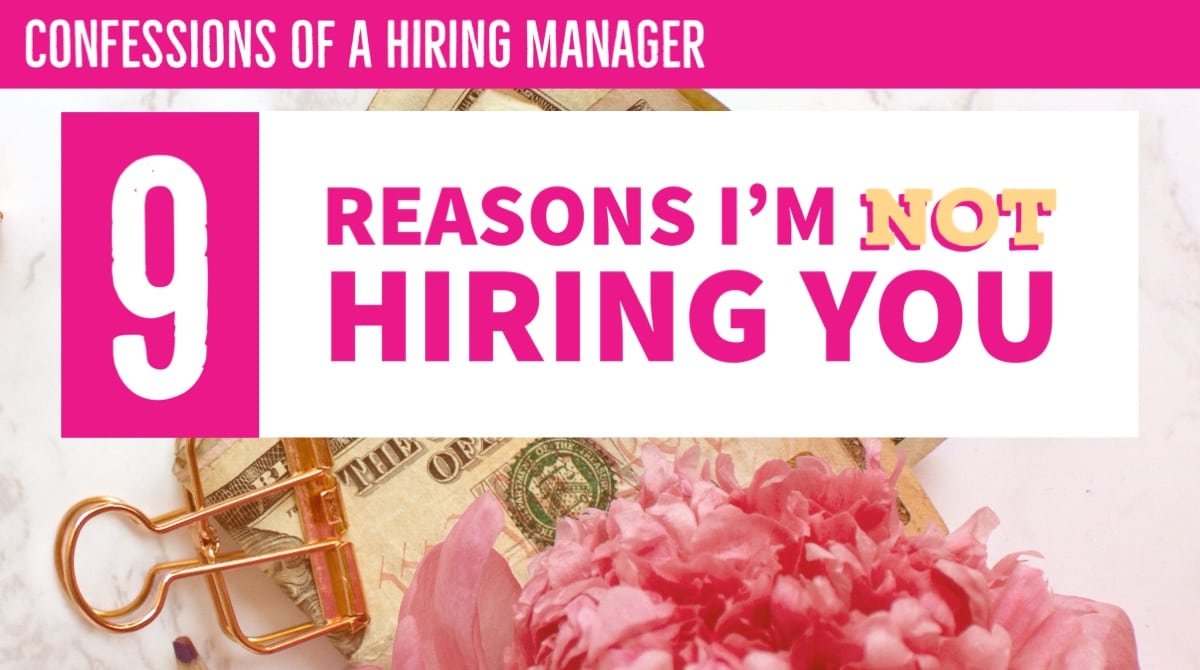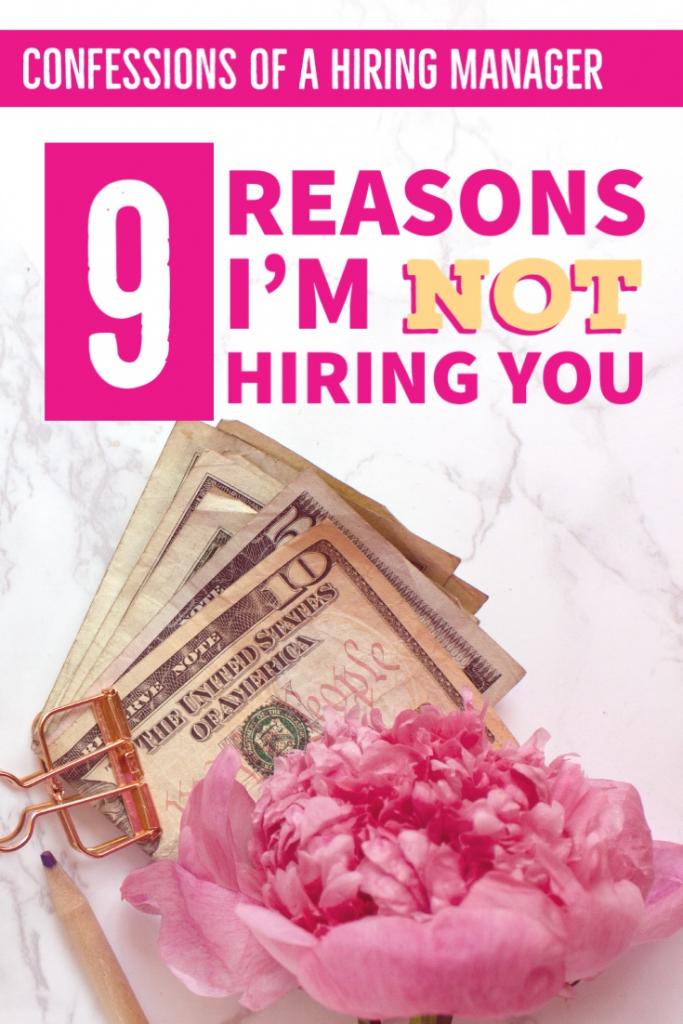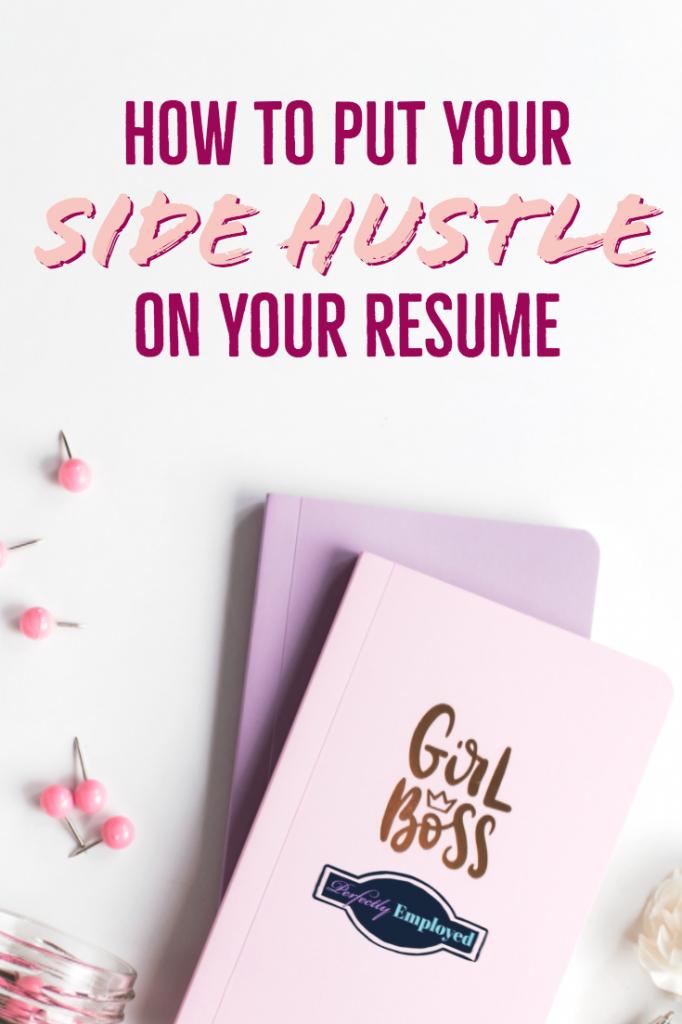If you’re searching for a career that will allow you to help people in your local community, social work may be the career path for you. It’s a tough job, and it’s not for everyone, but for those with a strong moral compass, high-levels of empathy, and the ability to compartmentalize their work and personal lives, it can be an ideal career choice.
What do Social Workers Do?
Social workers provide support to individuals and families during difficult times. They also make sure that vulnerable people, be it adults or children, are safeguarded from potential harm. There are many types of social work, but ultimately, the job comes down to helping improve people’s lives.
Social workers act as advocates and guides, and they maintain professional relationships. As a social worker, you will be expected to make tough decisions and you will need to use your professional judgment at all times. Obviously, not all of your clients will be happy with your decisions, but their overall well being is your highest priority.
Where Can you Work as a Social Worker?
Social workers spend their workdays in a variety of places, such as hospitals, schools, and government offices. If you specialize in children’s welfare, you may be assigned to investigate claims at daycares and other childcare facilities. If you choose adult welfare, you may be assigned to investigate claims at nursing homes.
In many cases, you may have to investigate claims in private homes, which can prove quite awkward. Many states have laws that require social workers to enter a home only with a police officer present. Regardless of which work environment you choose, you will need to stay up to date on county, state, and federal laws.
What are the Benefits of Becoming a Social Worker?
Most people who become social workers feel called to help other people. While this can be an incredibly challenging career, it can also be very rewarding because are able to help people in tough and vulnerable situations. When the outcome is positive, there is no better feeling than knowing you have protected someone from danger and helped them to improve their lives.
However, if you are considering a career in social work, you must prepare yourself for the fact that not every case has a positive outcome. For example, battered women often go back to their abusive husbands, even after social worker intervention. You must mentally prepare yourself for these setbacks. For this reason, social workers need strong emotional resilience.
One of the biggest benefits for social workers is the opportunity for job variety and growth. You can work in a variety of environments, serve a diverse population, and meet people in all career fields. You will also develop skills that can be transferred to other careers.
What are the Drawbacks to Social Work?
While there are clearly plenty of benefits associated with social work, there are also a few drawbacks. After all, no career is perfect.
As a social worker, you are likely to work long hours. You will have a large workload, because there are a great many people who need help, and in most cases, there won’t be enough social workers to handle the load.
Social workers face a tremendous amount of emotional strain. They see unspeakable cruelty and violence. Not everyone is cut out for this kind of emotional battering. You can become emotionally drained when you invest your feelings into a client or case.
If you choose a career in social work, you must be able to separate your personal life from your job. If you bring your work home with you, your relationships with your family and loved ones will suffer. Keeping this separation is easier said than done.
What Qualifications do I Need to be a Social Worker?
Social work is a largely “graduate profession,” which means most social workers have a graduate degree, such as a Master of Social Work. Luckily, you can take accredited MSW online programs, so you can earn your entire degree online without ever having to set foot inside a university. A great many working adults join online graduate degree programs so they can balance a full time job and family obligations while working towards a better career.
You will want to gain real-world experience while working on your degree, since most jobs require some sort of experience, even at the entry level. Many MSW degrees have practicum courses where you are paired with a social worker to complete a project. You can also intern and volunteer at places like hospitals to gain on-the-job training with a working social worker.
What Personality Traits Make the Best Social Workers?
Social workers must be empathetic to other people’s feelings and situations. If you hear someone crying and automatically think, “get over it already!” you might not be cut out for social work. Social workers must truly care about their clients and finding them the help they need to improve their lives.
Patience is another personality trait essential for social work. You will deal with challenging situations, and most of the time, there will not be a quick resolution.
The social workers who find the most success and fulfillment are driven, organized, resilient, flexible, persistent, and decisive. You’ll also need to be a people person, as you are going to be working with a wide range of people on a daily basis.
Social workers must be exceptional communicators in both written and verbal communications. You will speak to people from all walks of life, so you must be able to communicate your message clearly, no matter what. Bilingual social workers are in high demand.
Related Posts You Might Like
What are a Social Worker’s Job Responsibilities?
Social workers are responsible for helping young people and their families, but also elderly citizens. They work with the homeless, drug and alcohol abusers, truant school children, and people with mental, physical and learning disabilities.
Typically, social workers conduct interviews with families and individuals to evaluate living conditions, safety, and health. They evaluate each situation, review it with stakeholders, and involve the necessary social services to help families and individuals heal, make better decisions, and improve their quality of life.
Of course, like most jobs, social workers participate in team meetings and training, but they also give evidence in court and maintain accurate records. Laws change frequently, and social workers must understand changes as they occur.
Typical social worker job descriptions include tasks such as:
- Participate in multidisciplinary teams and meetings
- Liaise with other agencies
- Make decisions about the best course of action for an individual
- Organize and manage support packages
Offer information and support
- Undertake writing assessments
What Else Should I Expect in a Career as a Social Worker?
As with every job, “other duties as assigned” will be part of your job description as as social worker. You will be expected to drive between locations and offices, so if you do not have a driver’s license, it’s best to start studying for the driver’s test.
You will travel a lot in your assigned area. You will visit other offices, clients’ homes, schools, hospitals, nursing homes, places of business, parks—anywhere people live, work, or otherwise exist. Most states have strict time limits on how soon a client must be interviewed following a report, so expect a fast-paced work environment.
While social workers rarely travel abroad, if you want to help people in foreign countries, you can look for jobs with charities like the Red Cross. Your skills as a social worker are very helpful in emergency situations, such as earthquakes, hurricanes, and other natural disasters.
Overall, a career in social work is a balance between being incredibly helpful to your clients, and incredibly detail oriented with your coworkers and supervisors. If helping people is your calling, you should definitely explore a career in social work, but you should have a candid conversation with someone who does the job in your area before committing to this career path.
Share on Pinterest











